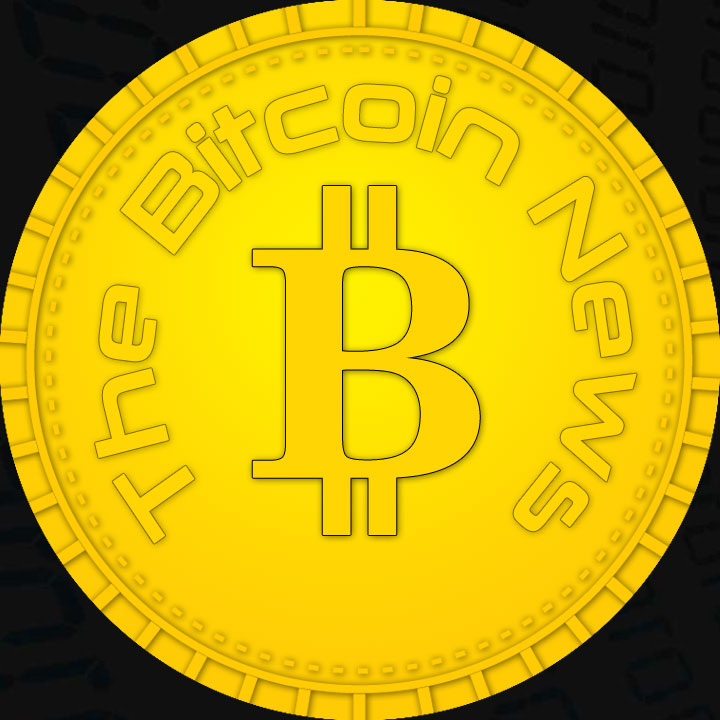Last year, Brendan Eich, former CEO of the Mozilla corporation and designer the Javascript programming language, launched Brave, a Web browser that blocks advertisements by default. Now Eich is rolling out a new Bitcoin payment platform, integrated right into the browser, that he hopes will provide an alternative revenue stream for publishers. He views it as a replacement the one Brave takes away, which he argues is dysfunctional and on the verge of collapse.
As of September, people using Brave have the option of creating a wallet in the browser, loading it with bitcoins, and sending small payments to publishers based on the anonymized metering of their Web traffic. For now, Brave plays a central role in facilitating the transactions, although it has sought to do so in a way that protects the privacy of Brave users.
When you create a wallet with Brave, you actually share it with a company called BitGo, meaning that you and BitGo each own one key for the wallet, both of which need to be present in order for a payment to go through. After loading bitcoins into this wallet, you specify the total amount of money you would like to spend on your Web browsing. Then, after a month goes by (measured by the days you actually spend using the Brave browser), bitcoin transactions signed by both you and BitGo trigger the disbursement of that money into a Brave settlement wallet.
Before a website operator can collect the funds, it must go through a verification process with Brave to prove that it’s running a legitimate business. In return for providing this service, Brave takes five percent of all the donations that come through.

TheBitcoinNews.com – Bitcoin News source since June 2011 –
Virtual currency is not legal tender, is not backed by the government, and accounts and value balances are not subject to consumer protections. TheBitcoinNews.com holds several Cryptocurrencies, and this information does NOT constitute investment advice or an offer to invest.
Everything on this website can be seen as Advertisment and most comes from Press Releases, TheBitcoinNews.com is is not responsible for any of the content of or from external sites and feeds. Sponsored posts are always flagged as this, guest posts, guest articles and PRs are most time but NOT always flagged as this. Expert opinions and Price predictions are not supported by us and comes up from 3th part websites.
Advertise with us : Advertise
For the latest cryptocurrency news, join our Telegram!










